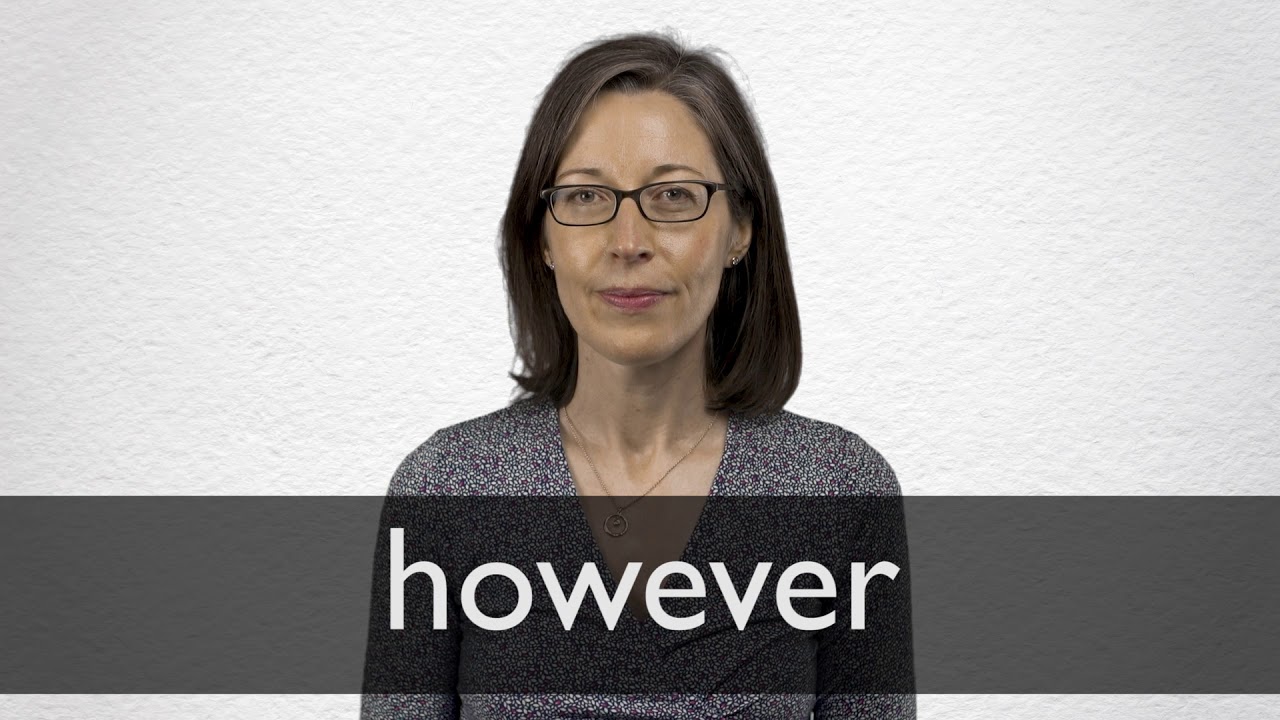
Dating in 2025 brings distinctive obstacles, particularly for younger generations. Gen Z, having been raised in a digital world and maturing during the COVID lockdowns, approaches love in a manner that differs from prior generations. The dating application Hinge encapsulates aspects of this journey in its latest D.A.T.E. (Data, Advice, Trends, and Expertise) Report, named Closing the Communication Gap. This report illustrates the gap between young daters’ longing for meaningful dialogues and their hesitance to initiate them.
Hinge Labs, the app’s research division, canvassed around 30,000 Hinge users worldwide for this report.
Gen Z struggles with vulnerability. They are 36 percent more reluctant than millennials to engage in deep discussions on a first date, opting to sidestep small talk. This pattern corresponds with earlier Hinge findings. In 2024, Hinge noted that Gen Z singles were 47 percent more inclined than millennials to feel anxious about engaging with new individuals due to the pandemic and 25 percent more likely to experience reduced confidence on a first date.
As 2025 approaches its end, 35 percent of all Hinge daters, irrespective of gender or sexual orientation, confess to holding back from profound conversations because they are unsure how to start them.
A “communication gap” also exists between genders. Forty-two percent of heterosexual Gen Z women believe the men they date are uninterested in deep conversations early in their interactions, while 65 percent of heterosexual Gen Z men assert they are interested. Early dating frequently confines individuals to “passive” and “active” roles, which can hinder connections, according to Moe Ari Brown, Hinge’s expert on love and connection. These roles may result in monotony or imbalance.
In general, 43 percent of Gen Z women wait for their counterpart to spark deep conversations, partly presuming that men lack interest. At the same time, 48 percent of Gen Z men shy away from emotional intimacy to avoid coming across as “too intense.” Additional concerns include apprehension about rejection and judgment.
This corresponds with Hinge’s insights from the prior year: 95 percent of Gen Z daters express concern about rejection, and 56 percent say this fear prevents them from pursuing relationships.
Social media also plays a role in Gen Z’s reluctance. Half of Gen Z men, 45 percent of Gen Z women, and 39 percent of nonbinary Gen Z daters share that social media increases their hesitance to be emotionally open, according to the 2025 report.
In a time when nearly every action is magnified online, the dread of being perceived as “cringe” is prevalent. Nonetheless, embracing vulnerability is crucial for discovering love. As Logan Ury, Hinge’s lead scientist on relationships, remarks, “authentic connection requires vulnerability and imperfection.”
Simultaneously, Gen Z is leveraging AI tools to assist in dating. From flirting to wedding arrangements, young adults are turning to AI tools such as ChatGPT to enrich their relationship experiences.
Among Gen Z men employing AI for dating, 58 percent utilize it to kick off conversations, and 50 percent use it to create replies. Forty percent of Gen Z women utilizing AI do so to initiate conversations, and 57 percent use it for replies.
Overall, merely 34 percent of Hinge daters feel at ease or neutral about employing AI to compose messages.
In spite of the hurdles, 84 percent of Gen Z Hinge daters are enthusiastic about discovering new methods to forge deeper connections with their partners.